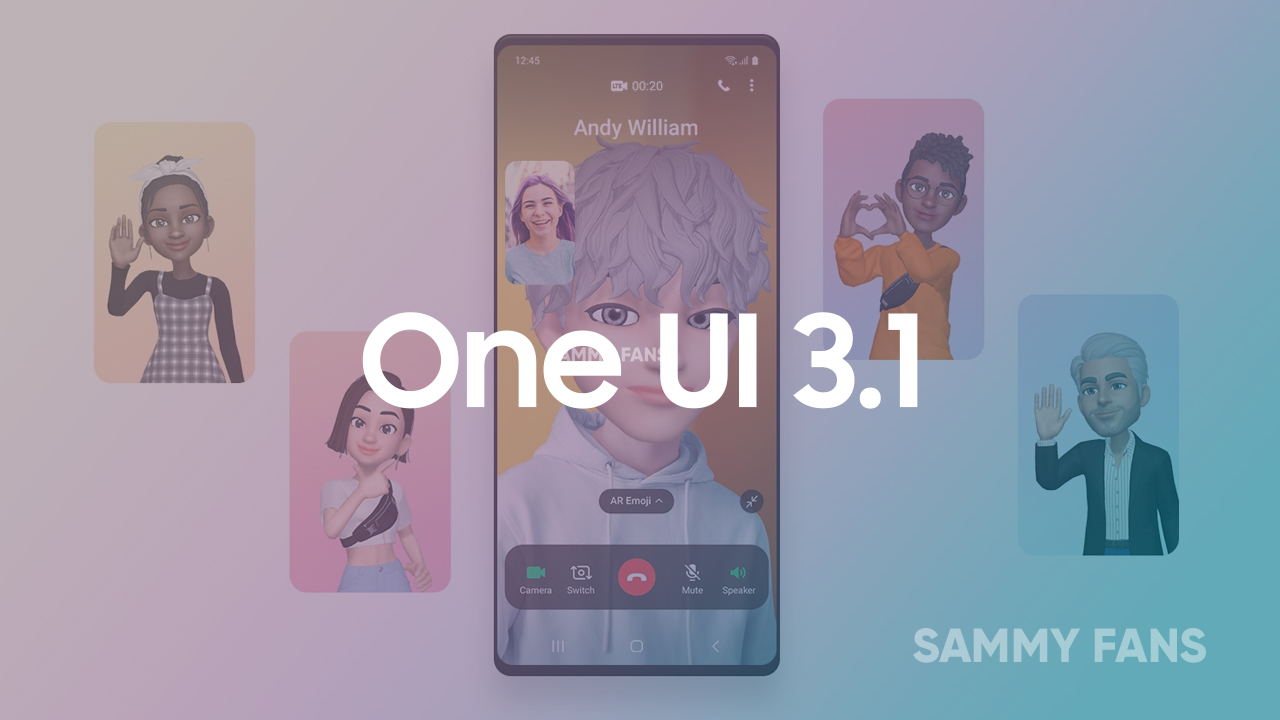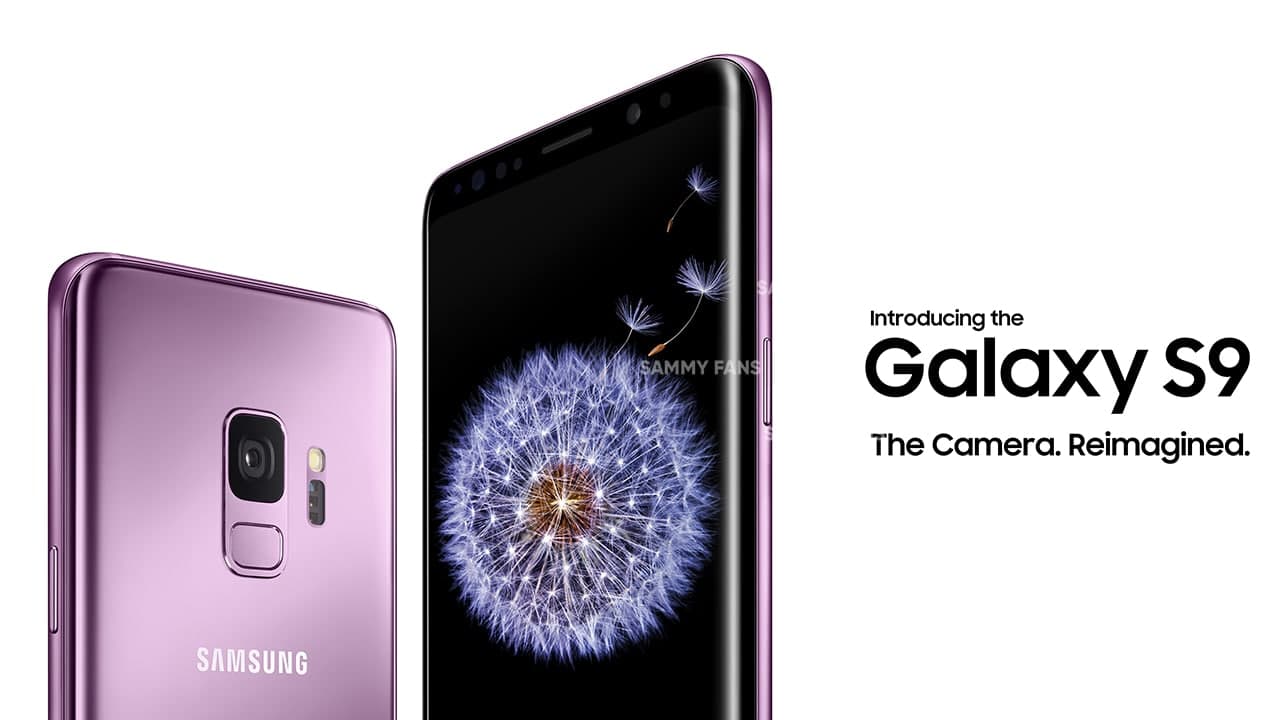News
Samsung One UI 3.0: List of supported devices [Confirmed]

UPDATE: This article was first written on October 07, 2020. I added a few more smartphones to the confirmed list. Last updated on November 08, 2020.
This is my first article on Sammy Fans and I am here with the list of confirmed Galaxy devices for the Android 11-based One UI 3.0 update.
Samsung’s One UI is based on Android OS, the latest version One UI 3.0 is also based on Android 11 OS. In this article, we will talk about the eligible Android 11-based One UI 3.0 devices.
We now have the confirmed list of devices for the Android 11-based One UI 3.0 update. Check below:
Samsung One UI 3.0 confirmed device list: Sammy Fans
- Galaxy Note 20
- Galaxy Note 20 5G
- Galaxy Note 20 Ultra
- Galaxy Note 20 Ultra 5G
- Galaxy Z Fold 2
- Galaxy Z Fold 2 5G
- Galaxy Z Flip
- Galaxy Z Flip 5G
- Galaxy S20 FE
- Galaxy S20 FE 5G
- Galaxy S20
- Galaxy S20 5G
- Galaxy S20 5G UW
- Galaxy S20+
- Galaxy S20+ 5G
- Galaxy S20 Ultra
- Galaxy S20 Ultra 5G
- Galaxy Fold
- Galaxy Fold 5G
- Galaxy Note 10+
- Galaxy Note 10+ 5G
- Galaxy Note 10
- Galaxy Note 10 5G
- Galaxy S10 5G
- Galaxy S10+
- Galaxy S10
- Galaxy S10e
- Galaxy Note 10 Lite
- Galaxy S10 Lite
- Galaxy A01
- Galaxy A01 Core
- Galaxy A11
- Galaxy A21s
- Galaxy A21
- Galaxy A31
- Galaxy A41
- Galaxy A42 5G
- Galaxy A51
- Galaxy A51 5G
- Galaxy A51 5G UW
- Galaxy A71
- Galaxy A71 5G
- Galaxy A71 5G UW
- Galaxy A90 5G
- Galaxy A Quantum
- Galaxy M01 Core
- Galaxy M01
- Galaxy M11
- Galaxy M21
- Galaxy M21s
- Galaxy M31
- Galaxy M31s
- Galaxy M31 Prime
- Galaxy M51
- Galaxy F41
- Galaxy Tab S7
- Galaxy Tab S7 5G
- Galaxy Tab S7+
- Galaxy Tab S7+ 5G
- Galaxy Tab S3
- Galaxy Tab A7 10.4 2020
- Galaxy Tab A 8.4 2020
- Galaxy Tab S6 Lite
- Galaxy Tab S6 5G
- Galaxy Tab S6
- Galaxy XCover Pro
- Galaxy Tab Active 3
Note: The above devices are now confirmed to receive the Android 11-based One UI 3.0 update.
Below is the list of devices that should be upgraded (but not confirmed) to One UI 3.0: Expected One UI 3.0 device list
- Galaxy A10
- Galaxy A10s
- Galaxy A20
- Galaxy A20e
- Galaxy A20s
- Galaxy A30
- Galaxy A30s
- Galaxy A40
- Galaxy A40s
- Galaxy A50
- Galaxy A50s
- Galaxy A60
- Galaxy A70
- Galaxy A70s
- Galaxy A80
- Galaxy A8s
- Galaxy A90
- Galaxy M10
- Galaxy M20
- Galaxy M30
- Galaxy M30s
- Galaxy M40
- Galaxy Tab A 10.1 2019
- Galaxy Tab A 8.0 2019
- Galaxy Tab Active Pro
- Galaxy Tab S5e
- Galaxy Xcover 4s
Let me know if you have any question, join me on Twitter – @SamsungCentral1
News
Here’s why Google Messages replaced Samsung Messages on Galaxy devices

Samsung’s latest foldable phones come with Google Messages by default. The company has now revealed the reason behind this move on Galaxy devices. Samsung says Google Messages replaced Messages to foster RCS adoption.
According to AndroidAuthority, a source explained Samsung’s decision to switch to Google Messages as the default messaging app. The recently released Galaxy Z Flip 6 and Z Fold 6 come with Google Messages with RCS enabled by default.
Looks like promoting Google Messages on Galaxy devices will boost RCS adoption. Samsung Messages isn’t already installed on newer phones. However, one’s stopping you from getting it on your Galaxy from the Galaxy Store.
While many apps support the RCS feature, Google Messages offer the best user experience. Making it a default messaging app is an effort to boost the adoption of RCS tech. Apple is also preparing to bring RCS chat functionality to iMessage for iPhones.
What Samsung source said:
- Even if messaging apps follow the RCS standard, the availability may be limited depending on which app the other party uses. That’s why we decided to make Google Messages the common messaging platform, allowing Galaxy users to communicate more freely. This also enables a messaging app to respond to changes of the RCS standard more quickly and efficiently.
Previously, Samsung devices launched in the US came with two messaging apps. This time, the company has removed the Samsung Messages. During the first setup, users are notified that Google Messages is the default messaging application.
News
Samsung SmartThings gets ISO 27001 certified

Samsung SmartThings gained the international standard ISO/IEC 27001:2022 certification. The company has officially announced this major development in its global connected living platform.
SmartThings received ISO/IEC 27001:2022 certification for information security management systems. Certification reiterates that the SmartThings Cloud operates per international standards.
To be certified, a company has to meet the standard across a total of 123 detailed items, including policies for information security, access control for information assets, and incident response.
SmartThings receiving the ISO 27001 certification is the result of our sustained focus on the protection of information in a hyper-connected world with exponentially increasing intelligence.
Seungbum Choi, Executive Vice President and Head of Device Platform Center at Samsung Electronics said “this is just another step in our drive to fortify the platform’s security. We will continue to find new ways to ensure that SmartThings’ personalized services are provided even more safely.”

BSI Prez says that they have recognized that the operation capability and security level of Samsung SmartThings is excellent. It will further boost trust in the SmartThings platform and strengthen business competitiveness.
ISO 27001 is the leading global standard for ISMSs and was established by the International Organization for Standardization. It provides companies with guidance to manage the risks to information assets systematically and achieve information protection goals.
News
Dr.diary fuels Samsung Health with glycated hemoglobin algorithm
Samsung Health app integrated the Dr.diary (Doctor Diary) glycated hemoglobin feature. The blood sugar management platform announced the launch of its glycated hemoglobin estimation functionality on Samsung’s Health application.
According to ETNews, Dr.diary announced the integration of a glycated hemoglobin level feature in Samsung Health. Galaxy users will now be able to check the estimated glycated hemoglobin level provided by Doctor Diary.
To activate the feature, Health app users will have to permit certain conditions of data in the Blood Sugar service. It is worth noting that glycated hemoglobin is a key figure for diabetes diagnosis, which users will find worth using in the Health app.
Established in 2017, Dr.diary is a blood sugar management platform. It analyzes and predicts the changes in glycated hemoglobin using its own algorithm. Earlier this year, the firm secured a patent for “glycated hemoglobin estimation based on blood sugar data table.”
Song Je-yoon, CEO of Doctor Diary, said, “With our predicted glycated hemoglobin level prediction algorithm being installed in Samsung Health, more people will be able to recognize their glycated hemoglobin level and manage their health more efficiently.”

Glycated hemoglobin (HbA1c) is a standardized numerical value of the percentage of hemoglobin, such as hemoglobin, which has been glycated by glucose. Glycated hemoglobin reflects the average blood sugar level over the past 2-3 months.
Samsung Health (with Wear OS Galaxy Watch) users can conveniently check their estimated glycated hemoglobin level within the app and use this information to manage their blood sugar levels through diet and exercise.





